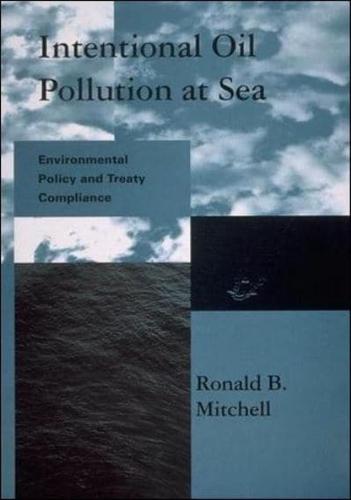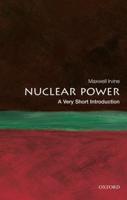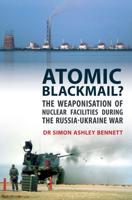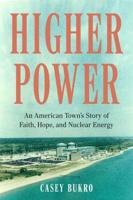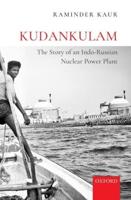Publisher's Synopsis
A detailed case study of how international environmental treaties can be made more effective. Combining theoretical analysis with a rigorous empirical evaluation of changes in the compliance process over time, the book identifies policies that have increased compliance by governments and the oil transportation industry with discharge restrictions, equipment requirements, enforcement, and reporting.
How do environmental treaties influence international behavior? Deliberate discharges from oil tankers have traditionally been the biggest source of oil pollution from ships, greater than much-publicized accidental spills. Although an international treaty governs how tankers must dispose of oil, compliance has been a problem. Intentional Oil Pollution at Sea is a detailed case study of how international environmental treaties can be made more effective. Combining theoretical analysis with a rigorous empirical evaluation of changes in the compliance process over time, it identifies policies that have increased compliance by governments and the oil transportation industry with discharge restrictions, equipment requirements, enforcement, and reporting.
Ronald Mitchell introduces the debate over environmental treaty compliance, compliance theory, and a history of intentional oil pollution. He then uses a wealth of data to study efforts to change government and industry behavior in reporting on treaty performance, enforcing rules, and complying with equipment and discharge standards. He closes with theoretical conclusions drawn from the empirical analysis regarding the sources of effective treaty compliance as well as prescriptions for policymakers about how to negotiate more effective future environmental agreements.
Global Environmental Accords series


